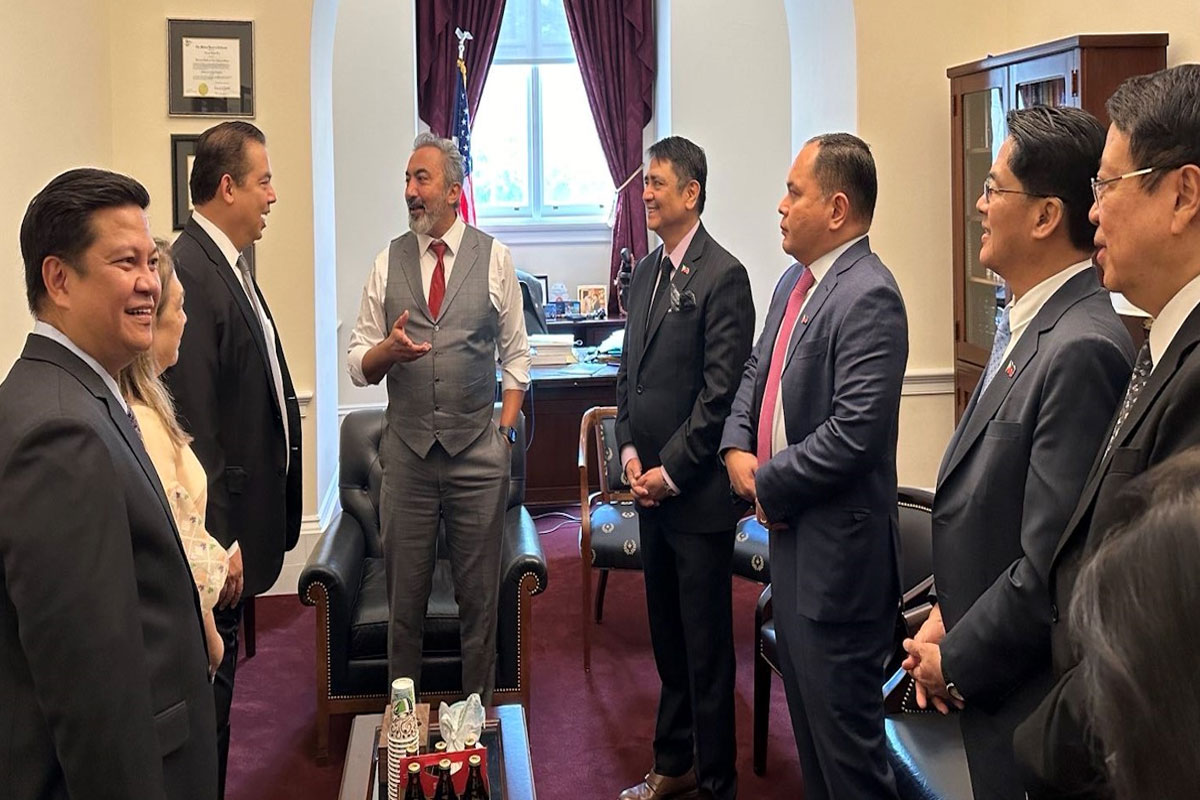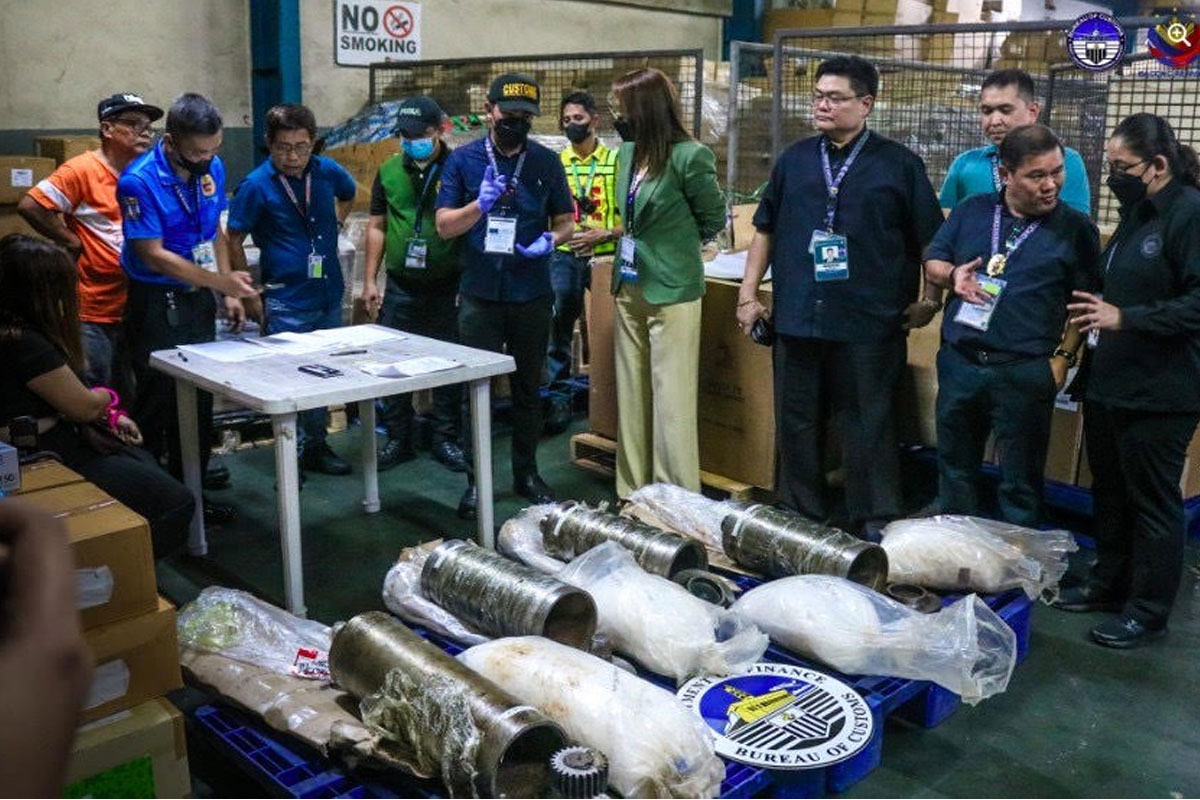
BI nabs another Sokor fugitive
THE Bureau of Immigration (BI) announced the arrest of another South Korean fugitive wanted by authorities in his country for engaging in telephone fraud that victimized many of their compatriots.
In a report to the Immigration Commissioner Jaime Morente, the bureau’s fugitive search unit (FSU) said Yi Younggwi, 43, was arrested last Wednesday at his home at the North Dasma Garden Villas along Molino-Paliparan Rd. in Dasmarinas City, Cavite.
Yi was reportedly arrested on the strength of a warrant of deportation which Morente issued, pursuant to a summary deportation order against Yi issued in 2019 for being an undesirable alien.
“He has been on our wanted list for nearly three years but the long arm of the law finally caught him. Let this serve as another warning to wanted foreign criminals that the Philippines is not a sanctuary for fugitives,” Morente said.
The BI chief ordered the bureau’s division to expedite Yi’s departure from the country so he could be sent back to Korea to stand trial and receive punishment for his crimes.
Morente added that Yi is perpetually barred from re-entering the country due to his inclusion in the immigration blacklist.
Rendel Ryan Sy, BI-FSU acting chief, disclosed that Yi is subject of an arrest warrant issued by a district court in Daegu City, South Korea where he was charged with engaging in fraudulent transactions that violated the country’s criminal and electronic financial transactions laws.
Sy said the Korean is also subject of a red notice from the Interpol that was issued in April 2018, or three months after the Daegu district court issued the warrant for his arrest.
Information provided by the Interpol’s national central bureau in Manila revealed that in May 2017, Yi and his cohorts engaged in voice phishing and telephone fraud operations that swindled many Korean victims of more than 115.7 million won or nearly US$100,000.
The suspects allegedly made numerous calls to bank depositors by pretending to be bank officials, thus enabling the latter to obtain detailed information on their bank accounts and debit cards of the victims.


















